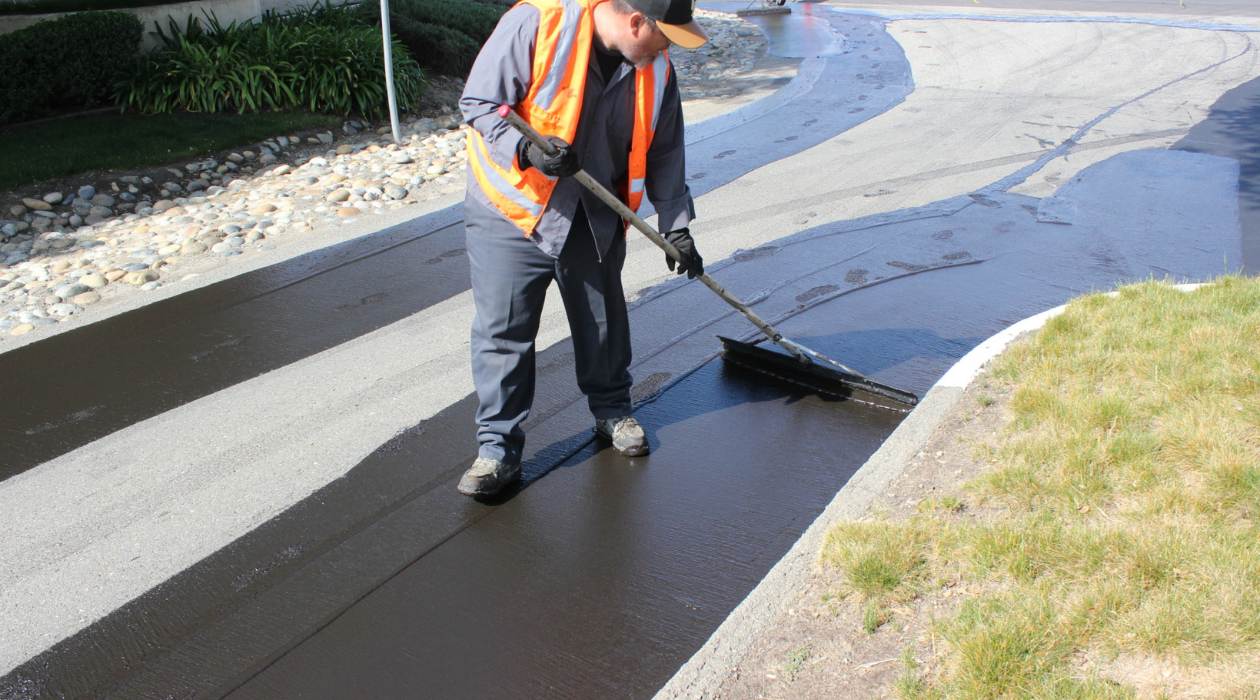

Articles
How Long For Asphalt Driveway To Cure
Modified: December 7, 2023
Get expert advice on articles related to how long it takes for an asphalt driveway to cure. Discover the best practices and timeline for a durable and long-lasting driveway.
(Many of the links in this article redirect to a specific reviewed product. Your purchase of these products through affiliate links helps to generate commission for Storables.com, at no extra cost. Learn more)
Introduction
Having an asphalt driveway can greatly enhance the appeal and functionality of your property. Whether you have just had a new asphalt driveway installed or are considering getting one, it is important to understand the curing process. Asphalt driveway curing refers to the time it takes for the asphalt to fully harden and reach its maximum strength and durability.
The curing time for an asphalt driveway can vary depending on several factors, including climate conditions, the composition of the asphalt mix, the thickness of the asphalt layer, and the amount of traffic and usage the driveway receives. Understanding these factors can help you better manage the curing process and ensure the longevity and performance of your asphalt driveway.
In this article, we will explore the various factors that affect the curing time of an asphalt driveway. We will also discuss the signs that indicate your driveway has fully cured and provide some tips for proper maintenance and care.
Key Takeaways:
- Properly scheduling the installation of your asphalt driveway during favorable weather conditions is crucial for optimizing the curing process. Hot and dry weather can speed up curing, while cold and wet conditions can significantly prolong it.
- Working with a reputable contractor who uses high-quality asphalt mix and understands the appropriate composition for your specific needs is essential for promoting faster and more successful curing.
Read more: How Long Do Asphalt Driveway Last
Factors Affecting Asphalt Driveway Curing Time
The curing time of an asphalt driveway can be influenced by several factors. Let’s take a closer look at each one:
- Climate and Weather Conditions: The climate and weather conditions in your area play a significant role in the curing time of your asphalt driveway. Hot and dry weather conditions can speed up the curing process, while cold and wet weather can slow it down. It’s important to plan the installation of your asphalt driveway during favorable weather conditions to ensure proper curing.
- Asphalt Mix Composition: The composition of the asphalt mix used for your driveway can affect its curing time. Different mixes have varying amounts of binders, aggregates, and additives, which can impact the rate at which the asphalt hardens. It is essential to work with a reputable contractor who uses high-quality materials to ensure optimal curing time.
- Thickness of the Asphalt Layer: The thickness of the asphalt layer can also influence the curing time. Thicker layers take longer to cure compared to thinner ones. If your driveway requires a thicker asphalt layer due to heavy traffic or specific requirements, be prepared for a slightly longer curing period.
- Traffic and Usage on the Driveway: The amount of traffic and usage your driveway receives can impact the curing time. Constant vehicular traffic or heavy loads can put stress on the curing asphalt, potentially extending the time it takes for it to fully harden. It’s advisable to avoid heavy use of the driveway during the initial curing phase to allow for proper settlement and hardening of the asphalt.
- Proper Maintenance and Care: Proper maintenance and care can also affect the curing time and overall lifespan of your asphalt driveway. Regularly cleaning and removing debris, avoiding the use of harsh chemicals that can degrade the pavement, and promptly addressing any cracks or damage can help promote faster and more effective curing.
Understanding these factors can help you gauge the approximate curing time of your asphalt driveway. However, it’s important to note that each situation may vary, and it’s best to consult with your contractor for specific timelines and recommendations.
Climate and Weather Conditions Impact
The climate and weather conditions in your area have a significant impact on the curing time of your asphalt driveway. Different climates can affect the rate at which the asphalt hardens and reaches its maximum strength and durability.
In areas with hot and dry climates, the curing process is often faster. The heat helps to evaporate the moisture from the asphalt, allowing it to harden more quickly. However, it’s essential to note that extreme heat can also cause the asphalt to cool and harden too quickly, potentially leading to cracks and other issues. Therefore, it’s important to find the right balance in temperature for optimal curing.
In contrast, cold and wet climates can prolong the curing time significantly. The presence of moisture can prevent the asphalt from drying and hardening properly. Freezing temperatures can also disrupt the curing process, causing the asphalt to become brittle and prone to damage. It’s crucial to avoid installing asphalt driveways during colder seasons or periods of heavy rainfall to ensure proper curing.
It’s worth noting that weather conditions during the first 24 to 48 hours after the installation are critical. Heavy rain can wash away the oils and binders in the asphalt mix, compromising its integrity and prolonging the curing process. Similarly, intense sunlight and high temperatures can cause the asphalt to overheat, leading to premature hardening and potential cracking.
To mitigate the impact of climate and weather conditions on your asphalt driveway, work closely with your contractor to schedule the installation during a favorable time. They will consider the local climate and weather patterns to optimize the curing process. Additionally, they may implement techniques such as using additives or applying sealcoats to protect the freshly laid asphalt from adverse weather elements and facilitate faster curing.
Monitoring the weather forecast during the installation and initial curing period can also help you plan and take necessary precautions, such as providing shade or covering the driveway during extreme weather conditions.
By considering climate and weather conditions and taking appropriate measures, you can ensure that your asphalt driveway cures properly and is able to withstand the environmental challenges it may face.
Asphalt Mix Composition
The composition of the asphalt mix used for your driveway can have a significant impact on the curing time. Asphalt mix consists of various components, including binders, aggregates, and additives, each of which can influence how quickly the asphalt hardens and reaches its optimal strength.
The binder, typically asphalt cement, is a crucial component that holds the aggregates together. The type and quality of the binder can affect the curing time. Different binders have varying rates of evaporation and hardening, which can influence the overall curing process. High-quality binders with appropriate viscosity and compatibility with the aggregates are essential for faster and more efficient curing.
The aggregates in the asphalt mix contribute to its strength and stability. The size, shape, and gradation of the aggregates can affect the curing time. Smaller and well-graded aggregates provide better interlocking and more efficient curing. Additionally, the type of aggregates used, such as crushed stone or gravel, can also impact the curing process.
Additives, such as polymers or fibers, are sometimes incorporated into the asphalt mix to enhance specific properties. These additives can impact the curing time by altering the viscosity, elasticity, or heat absorption of the asphalt. For example, polymer-modified asphalt tends to have a faster curing time compared to traditional asphalt mixes.
Working with a reputable contractor who uses high-quality asphalt mix and understands the appropriate composition for your specific needs is crucial. They will consider factors such as climate, traffic conditions, and desired performance to determine the optimal mix composition for your driveway.
It’s important to note that the curing time can also vary depending on the specific formulation of the asphalt mix. Some mixes are designed for faster curing, while others may take longer to reach their maximum strength. Your contractor will provide you with information on the expected curing time based on the chosen asphalt mix.
By ensuring the use of a well-designed asphalt mix with appropriate binders, aggregates, and additives, you can contribute to a faster and more successful curing process for your driveway.
Thickness of the Asphalt Layer
The thickness of the asphalt layer applied to your driveway can affect the curing time. Generally, thicker layers of asphalt take longer to cure compared to thinner ones. This is because the curing process occurs from the top down, and the thicker the layer, the longer it takes for the lower portions to harden.
The thickness of the asphalt layer needed for your driveway depends on factors such as the expected traffic load, soil conditions, and local regulations. In areas with heavy traffic or when constructing a commercial driveway, a thicker layer may be required to ensure durability and longevity.
It’s important to note that a thicker layer of asphalt may require additional time for proper curing. This is because the increased depth requires more time for the heat from the sun to penetrate and dry the asphalt. Additionally, the added thickness can result in slower evaporation of moisture, which can prolong the curing process.
Your contractor will consider the specific requirements of your driveway and provide recommendations on the appropriate thickness. They will also provide guidance on the estimated curing time, taking into account the increased thickness.
While thicker asphalt layers may require more time to cure, it’s essential not to rush the process. Allowing sufficient time for proper curing ensures that the asphalt reaches its maximum strength and durability. Premature use of the driveway can lead to premature wear and potential damage to the asphalt surface.
By understanding the impact of the thickness of the asphalt layer and being patient during the curing process, you can ensure that your driveway is built to last and withstand the demands of regular use.
It typically takes about 6-12 months for an asphalt driveway to fully cure. During this time, it’s important to avoid heavy vehicles and sharp objects to prevent damage to the surface. Regular maintenance and sealing can help prolong the life of the driveway.
Read more: What Is An Asphalt Driveway
Traffic and Usage on the Driveway
The amount of traffic and usage your asphalt driveway receives can have an impact on the curing time. While asphalt is known for its strength and durability, it still needs time to fully harden and reach its optimal performance level.
During the initial curing period, it’s important to minimize heavy traffic and usage on the driveway. Constant vehicular traffic or heavy loads can put stress on the curing asphalt, potentially resulting in premature wear or damage. The weight of vehicles can cause indentations or deformation on the surface, impacting the overall integrity of the asphalt.
It is advisable to refrain from parking large vehicles or equipment on the driveway, as their weight can create unnecessary pressure on the freshly laid asphalt. If possible, park vehicles elsewhere or designate alternative parking areas until the curing process is complete.
Additionally, avoid turning or steering sharply on the asphalt during the early stages of curing, as this can cause the surface to become uneven or develop cracks. Take care when maneuvering vehicles to minimize any potential damage to the curing driveway.
Your contractor may provide specific guidelines regarding the duration of the curing period and when it is safe to resume regular traffic and usage on the driveway. This timeframe can vary depending on factors such as the climate, thickness of the asphalt, and the specific mix composition.
By being mindful of the amount of traffic and usage on the driveway during the curing process, you can protect the integrity of the asphalt and ensure a longer-lasting, more durable surface. Following the recommended guidelines for minimum usage during the curing period will help maximize the performance and longevity of your asphalt driveway.
Proper Maintenance and Care
Proper maintenance and care play a vital role in the curing time and overall lifespan of your asphalt driveway. By following these maintenance practices, you can promote faster and more effective curing and ensure the longevity and durability of your driveway:
- Cleaning and Regular Maintenance: Keep your asphalt driveway clean by regularly sweeping away debris, leaves, and dirt. These materials can trap moisture and hinder the curing process. Avoid using sharp tools or heavy machinery to remove debris, as they can damage the asphalt surface.
- Avoid Harsh Chemicals: Harsh chemicals, such as gasoline, oil, or deicing agents, can deteriorate the asphalt and impede the curing process. Clean up any spills or leaks promptly to prevent damage to the surface. Use mild detergents or asphalt-safe cleaners for removing stubborn stains.
- Address Cracks and Damage: Inspect your driveway regularly for cracks, potholes, or other damage. Promptly repair any signs of deterioration to prevent further damage and water infiltration, which can hinder the curing process. Consult with a professional asphalt contractor for proper repair techniques and materials.
- Apply Sealcoating: Sealcoating provides an additional layer of protection to your asphalt driveway. It helps to prevent water penetration, UV damage, and oxidation, all of which can affect the curing and overall longevity of the surface. Consult with your contractor on the recommended timing for sealcoating, as it typically requires the asphalt to cure fully before application.
- Monitor Traffic and Usage: Even after the initial curing period, it’s important to monitor and manage the amount of traffic and heavy usage on your driveway. Limit excessive heavy loads or parking of large vehicles that can cause stress on the surface. Redirect heavy equipment or machinery to alternative areas to prevent unnecessary wear and tear on the cured asphalt.
By following these maintenance practices, you can ensure that your asphalt driveway cures properly and remains in optimal condition. Regular and proper maintenance not only promotes faster curing but also extends the lifespan of your driveway, allowing you to enjoy its benefits for years to come.
Signs of a Fully Cured Asphalt Driveway
Knowing when your asphalt driveway is fully cured is essential for determining when it is safe to resume normal usage and implement routine maintenance. Here are some signs that indicate your driveway has undergone complete curing:
- Change in Color: Newly laid asphalt typically appears dark and glossy. As the curing process progresses, the color of the asphalt will gradually change to a lighter shade of black or gray. This change in color signifies that the asphalt has hardened and stabilized.
- Improved Surface Strength: In the early stages of curing, the asphalt surface may feel soft and pliable. However, as it cures, the surface will become firmer and more solid. When walking or driving on the driveway, you should notice increased resistance and reduced indentation.
- Reduced Stickiness: Freshly laid asphalt can be sticky, especially during warm weather. As the curing process advances, the asphalt will become less tacky to the touch. This indicates that the volatile oils and binders in the asphalt mix have evaporated, resulting in a more stable surface.
- Resilience to Light Pressure: After curing, the asphalt surface should exhibit resilience when light pressure is applied. This means that the surface should not easily deform or leave indentations when walking or driving over it. It should be able to withstand regular usage without significant signs of distress.
- Absence of Smudging: If you notice that the asphalt no longer leaves marks or smudges on your shoes or tires after walking or driving on it, it is a good indicator that the curing process is complete. Fully cured asphalt should not transfer residue or stickiness to other surfaces.
- Overall Appearance: A fully cured asphalt driveway will have a smooth and uniform appearance. Any visible cracks or imperfections should be minimal, indicating that the asphalt has settled and stabilized. The surface should also have a consistent texture without any areas of softness or unevenness.
It’s important to note that the time it takes for an asphalt driveway to fully cure can vary based on factors such as climate, thickness, and asphalt mix composition. Your contractor may provide specific guidance on the expected curing time based on these factors.
By observing these signs and allowing adequate time for proper curing, you can ensure that your asphalt driveway is ready for regular usage and can withstand the demands of daily use and the elements.
Conclusion
Curing is a crucial process for asphalt driveways, as it determines the strength, durability, and overall performance of the surface. Understanding the factors that affect the curing time and implementing proper maintenance and care practices will ensure the longevity and optimal performance of your driveway.
Climate and weather conditions play a significant role in the curing process. Hot and dry weather can speed up the curing time, while cold and wet conditions can prolong it. Working with a reputable contractor to schedule the installation during favorable weather conditions is essential.
The composition of the asphalt mix, including binders, aggregates, and additives, can also affect the curing time. Using high-quality materials and appropriate mix designs will help promote faster and more efficient curing.
The thickness of the asphalt layer and the amount of traffic and usage on the driveway can impact the curing time. Thicker layers require more time to cure, and heavy usage can prolong the process. Minimizing traffic and following maintenance guidelines during the curing phase will protect the integrity of the asphalt.
Proper maintenance and care are key to successful curing and long-term performance. Regular cleaning, avoiding harsh chemicals, addressing cracks and damage promptly, and applying sealcoating when appropriate will maximize the durability and lifespan of your driveway.
Recognizing the signs of a fully cured asphalt driveway, such as a change in color, improved surface strength, reduced stickiness, resilience to light pressure, absence of smudging, and a smooth appearance, will indicate that your driveway is ready for regular usage.
In conclusion, understanding the factors that affect asphalt driveway curing time and implementing proper maintenance practices will ensure that your driveway performs at its best for years to come. By taking the necessary steps to promote proper curing, you can enjoy a durable and aesthetically pleasing driveway that adds value to your property.
Frequently Asked Questions about How Long For Asphalt Driveway To Cure
Was this page helpful?
At Storables.com, we guarantee accurate and reliable information. Our content, validated by Expert Board Contributors, is crafted following stringent Editorial Policies. We're committed to providing you with well-researched, expert-backed insights for all your informational needs.
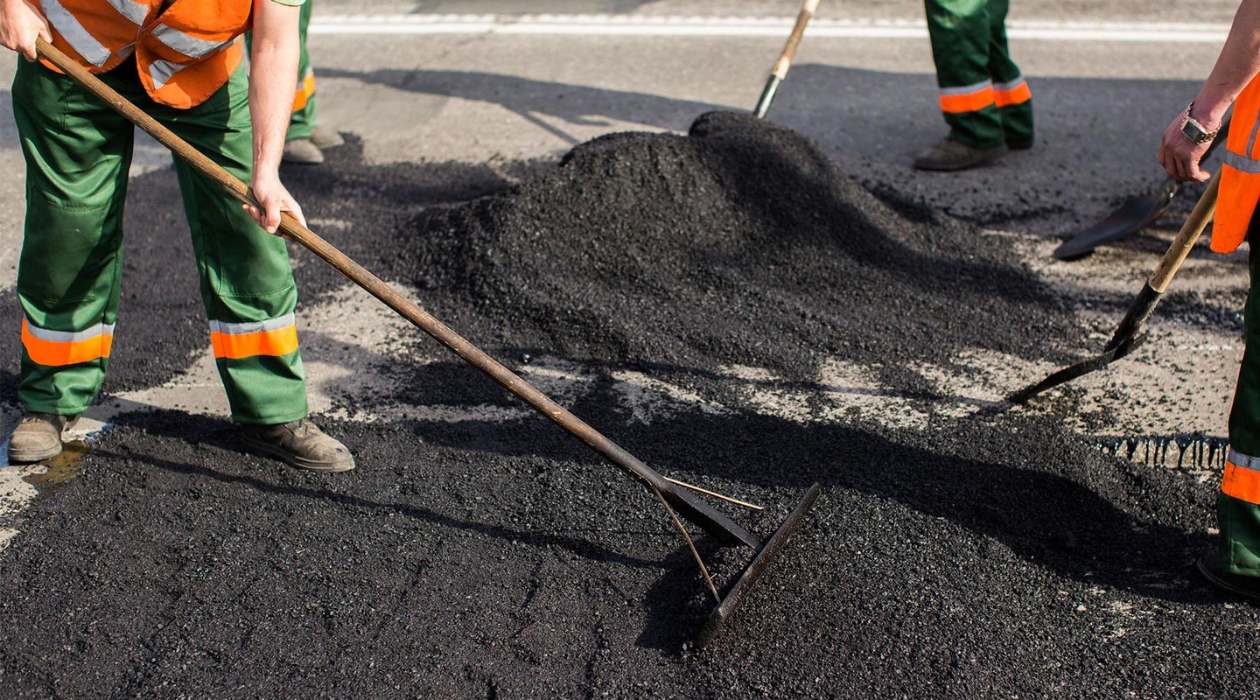
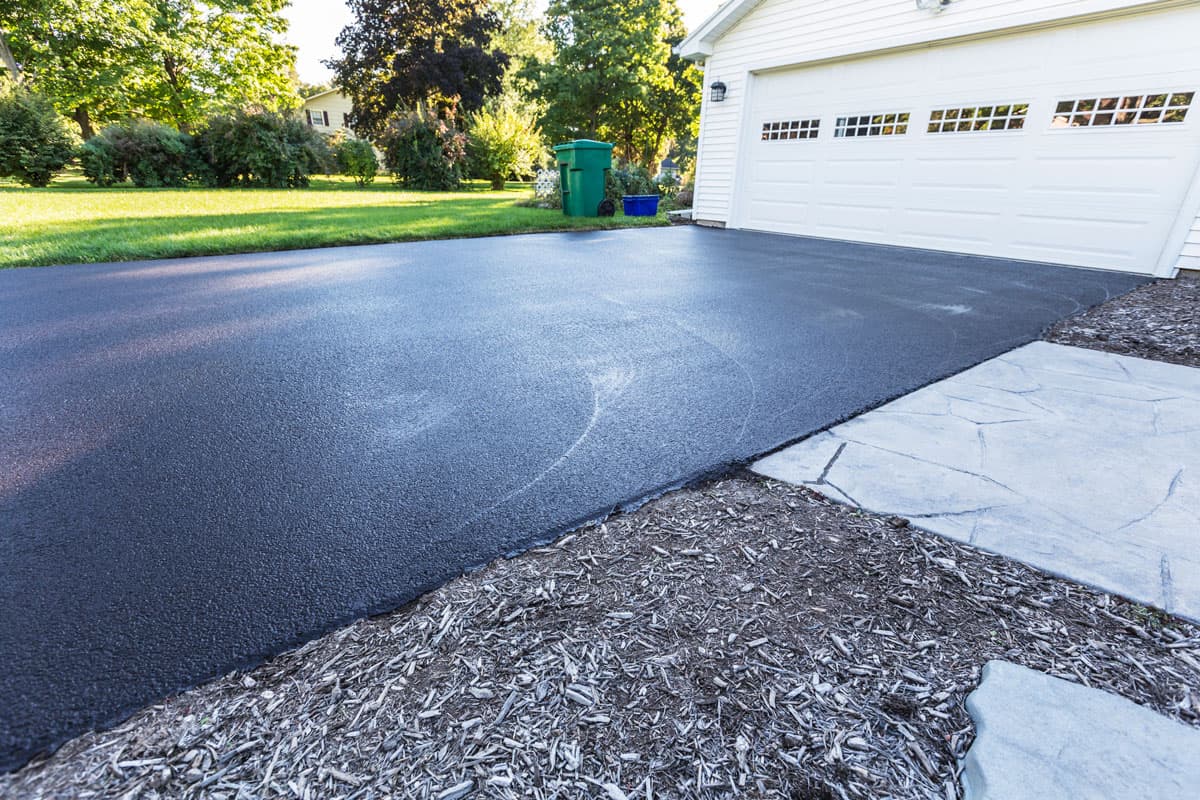
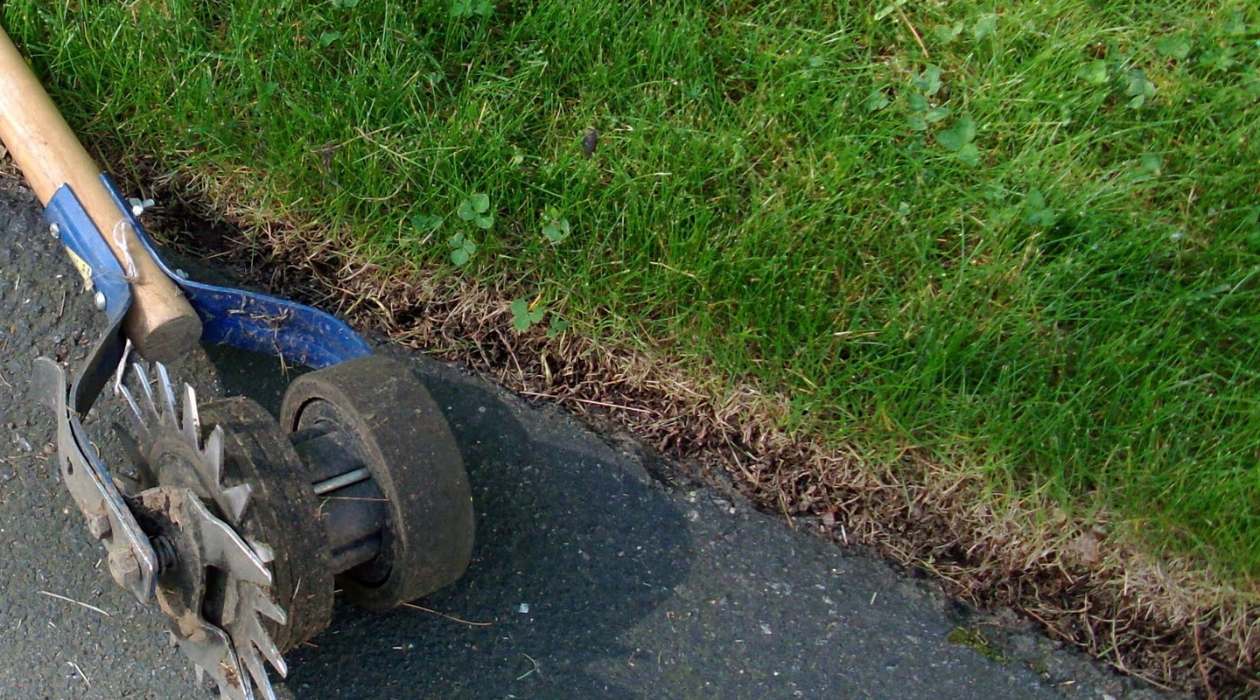

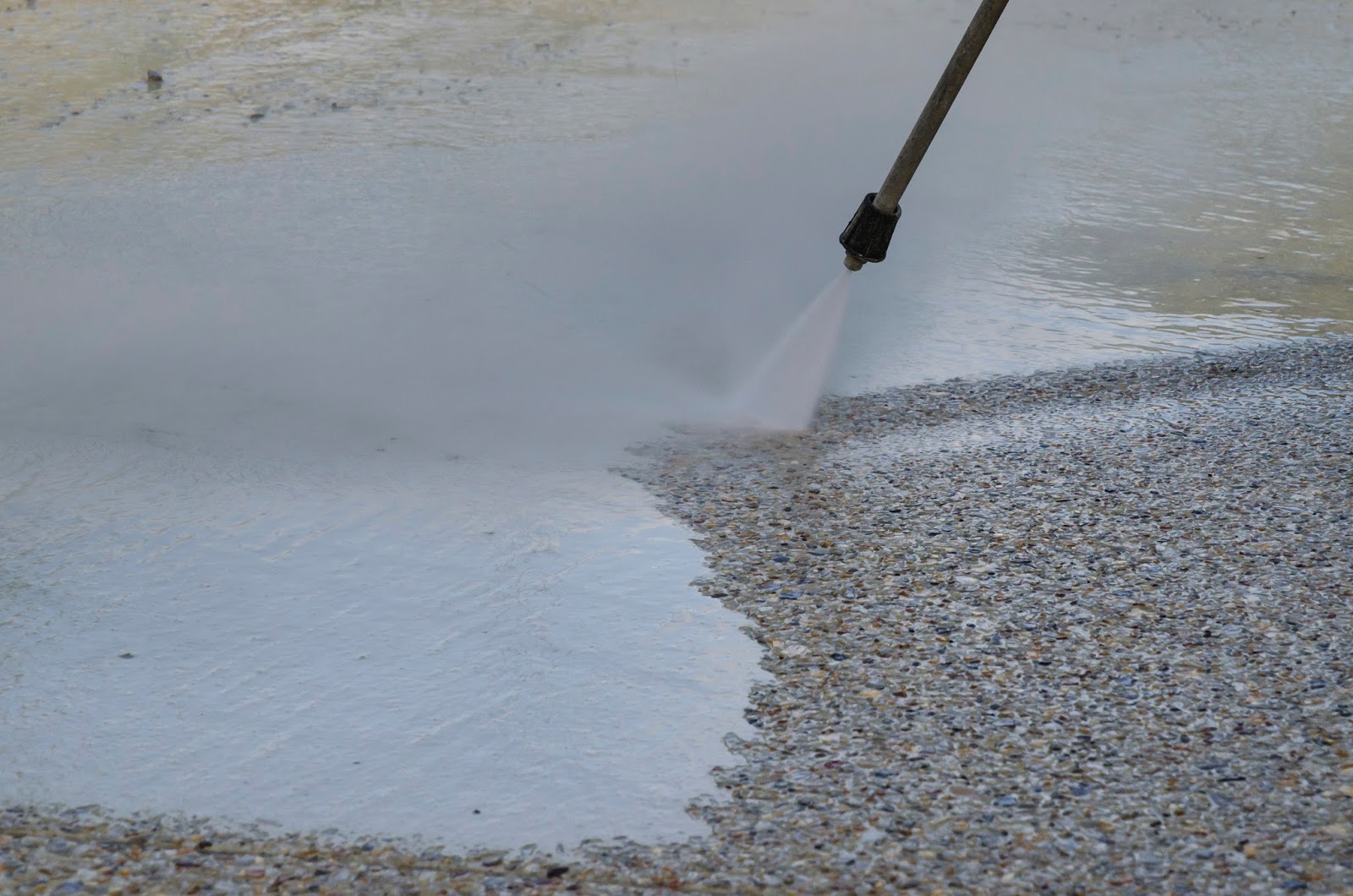
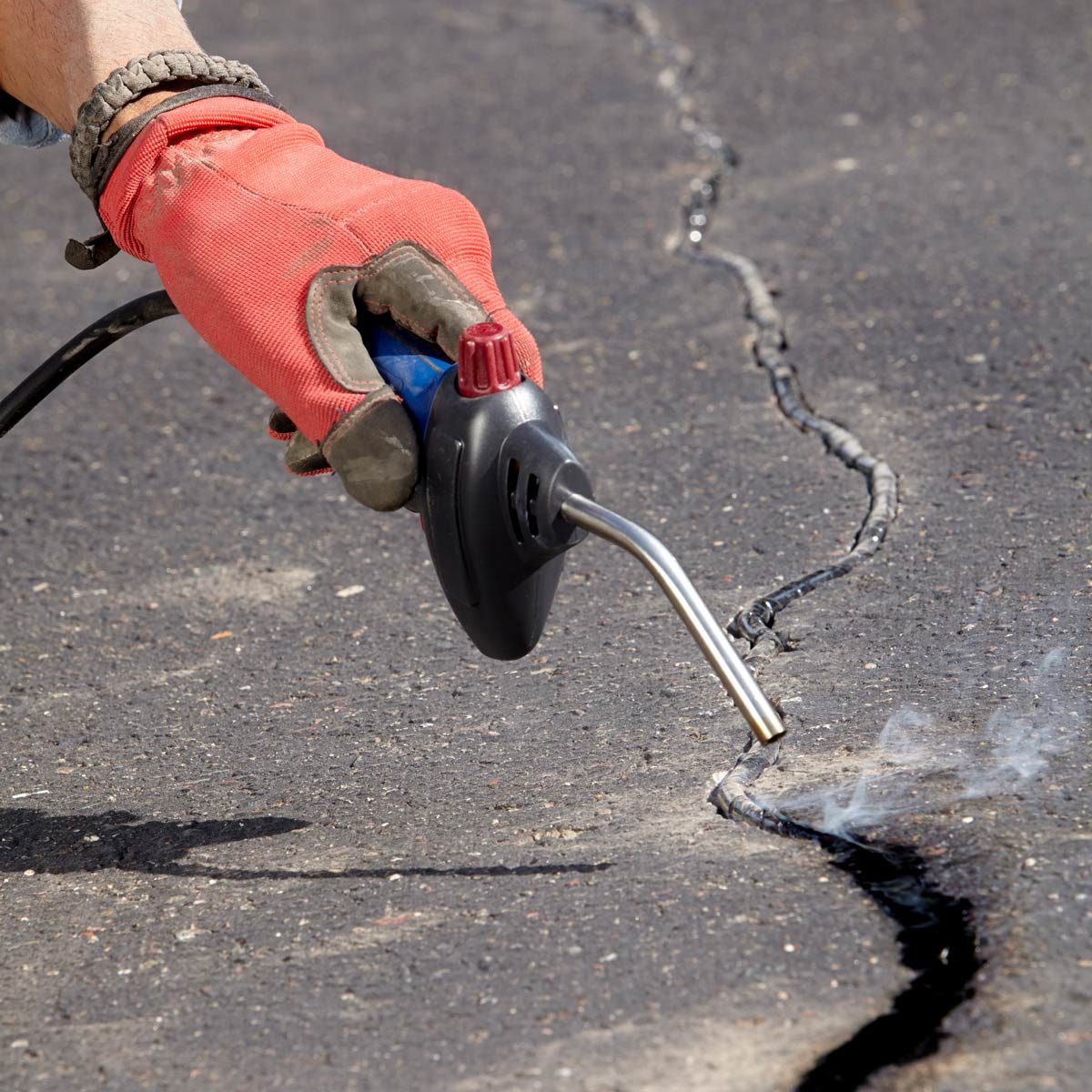
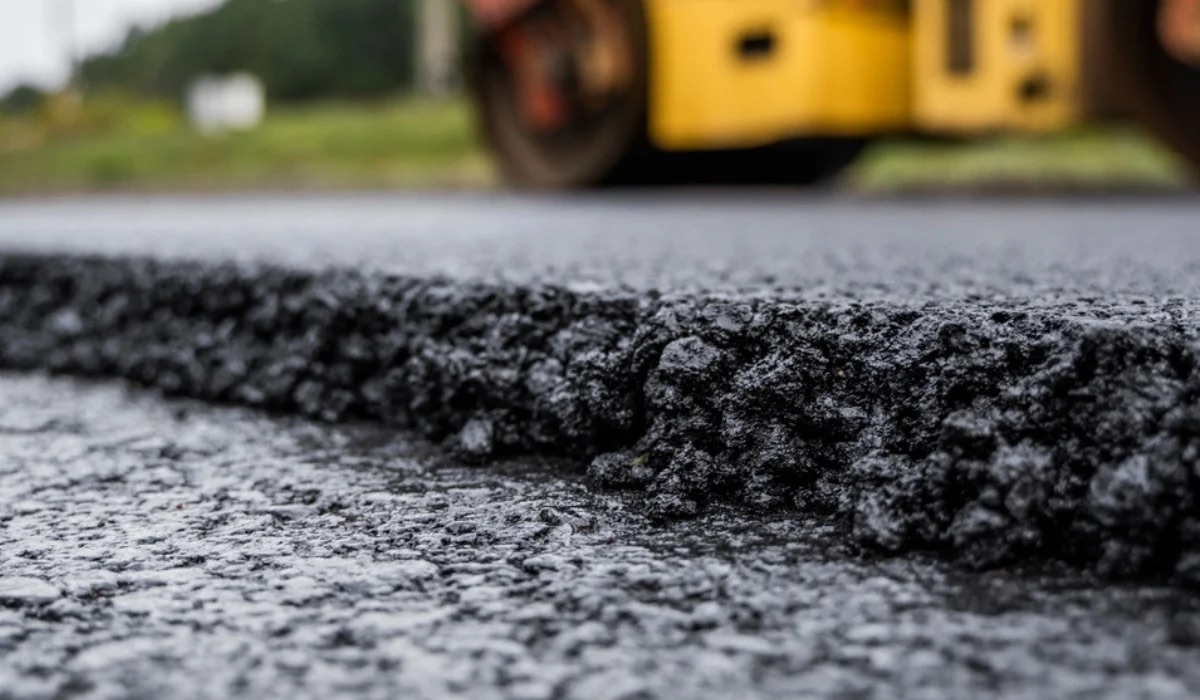

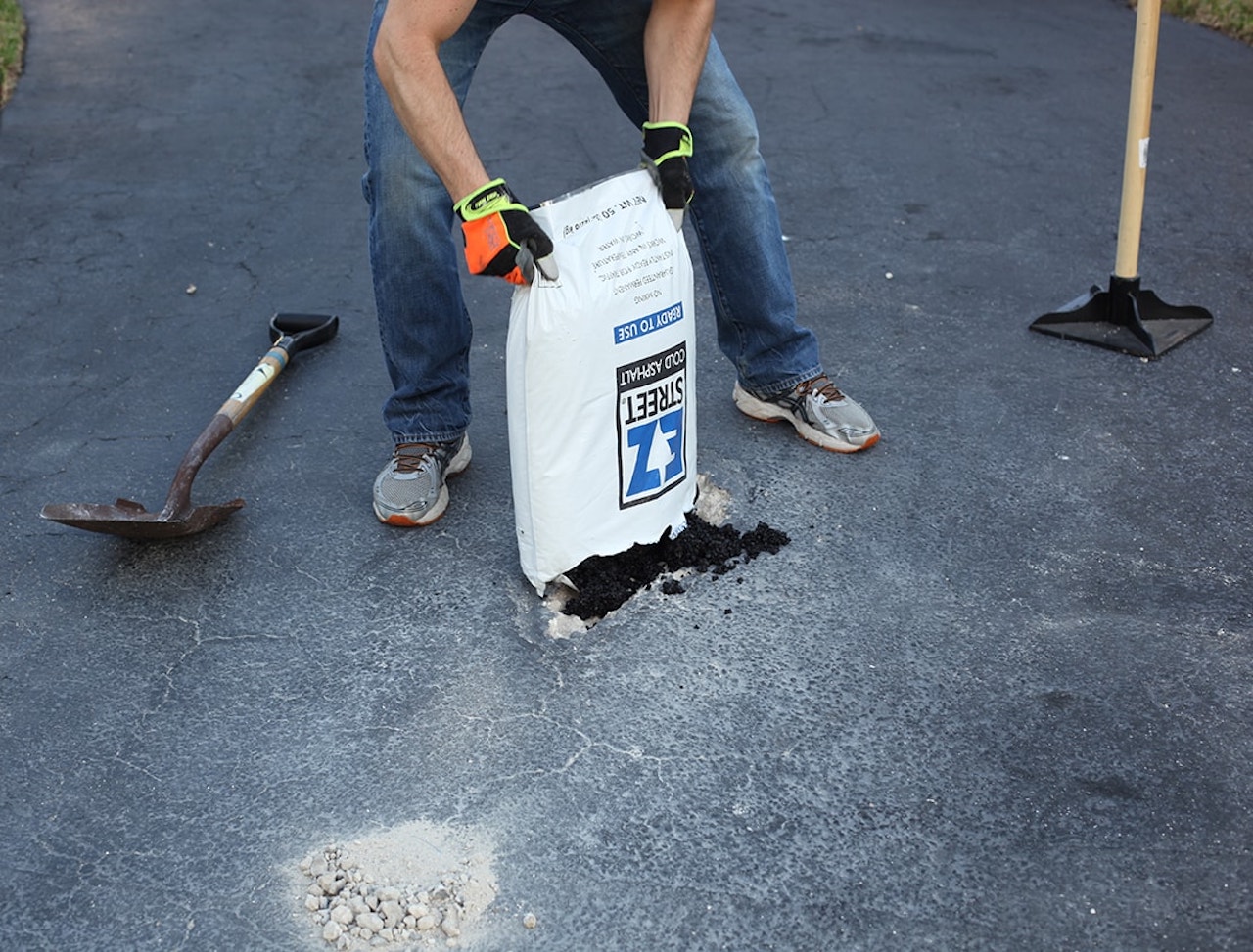
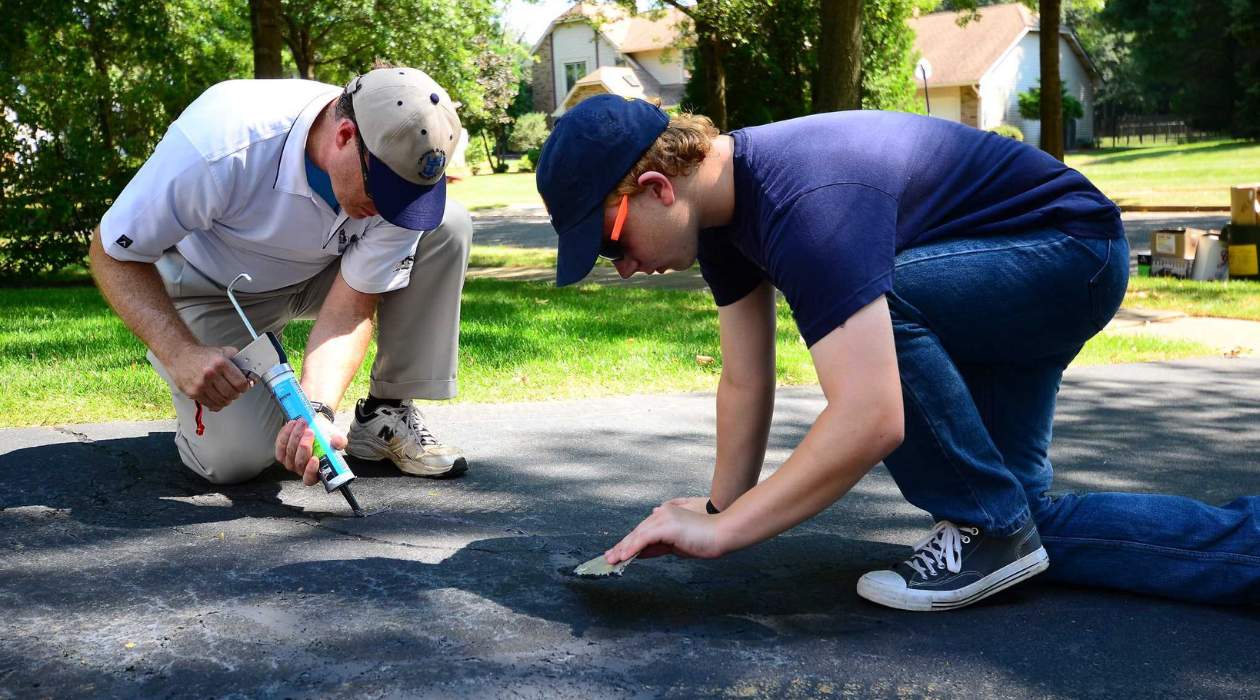
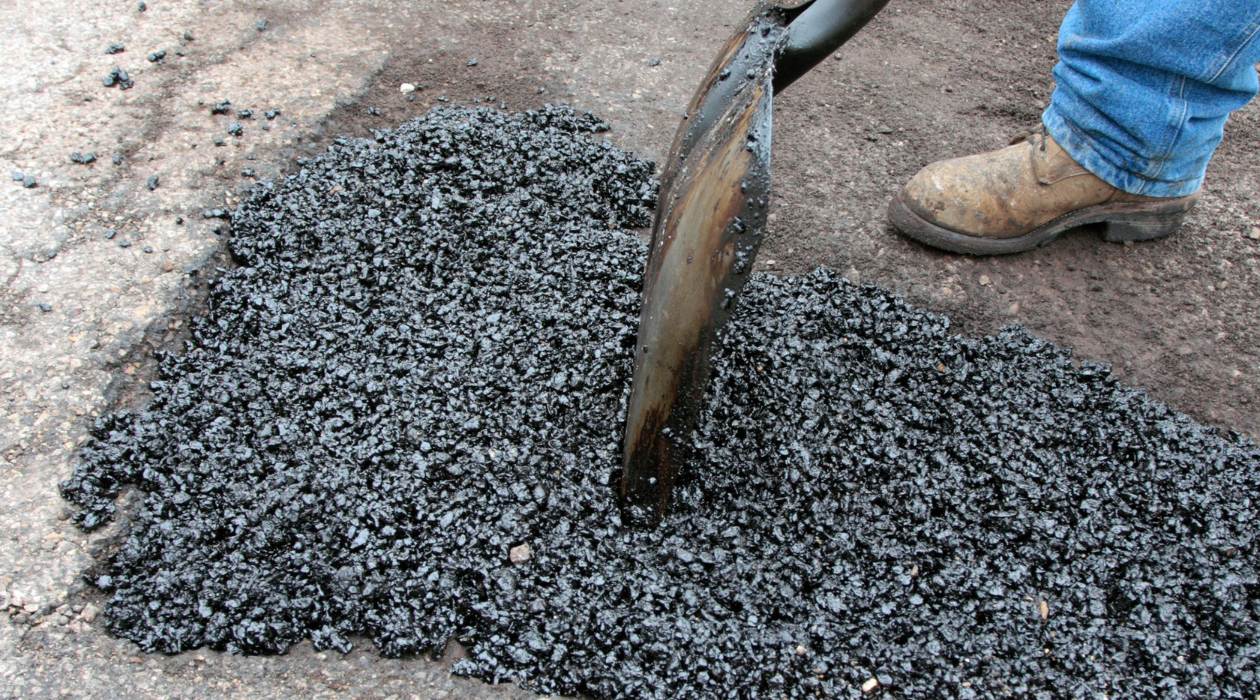
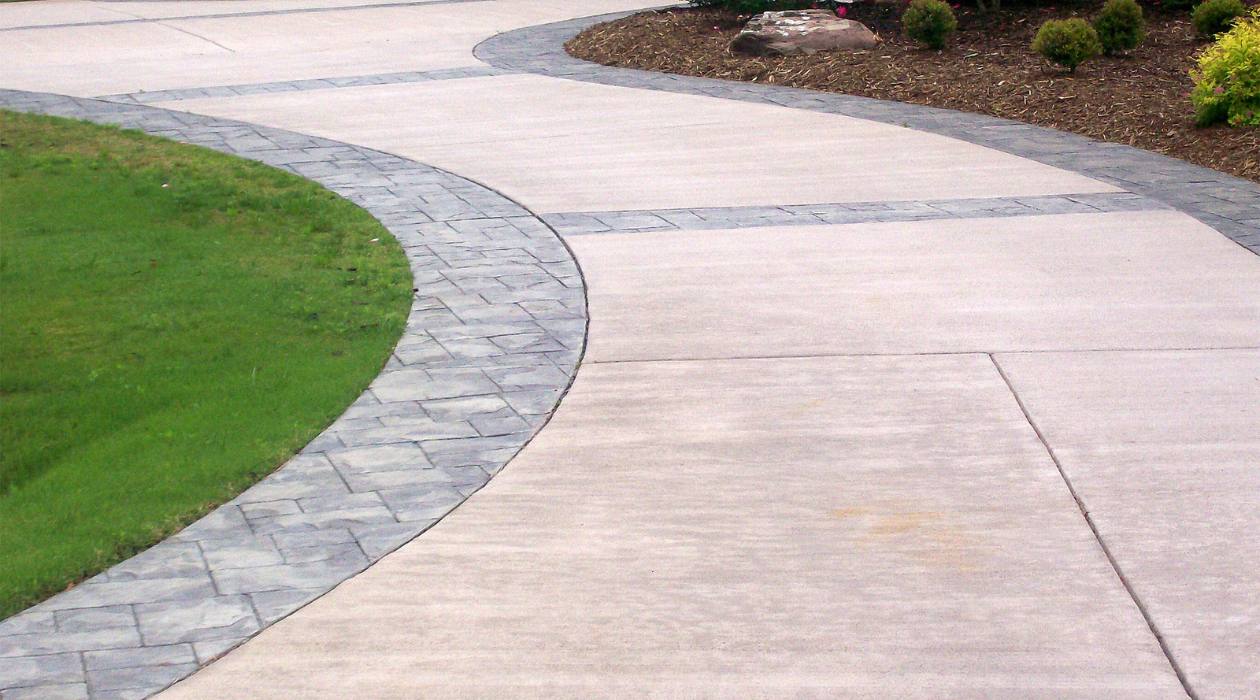
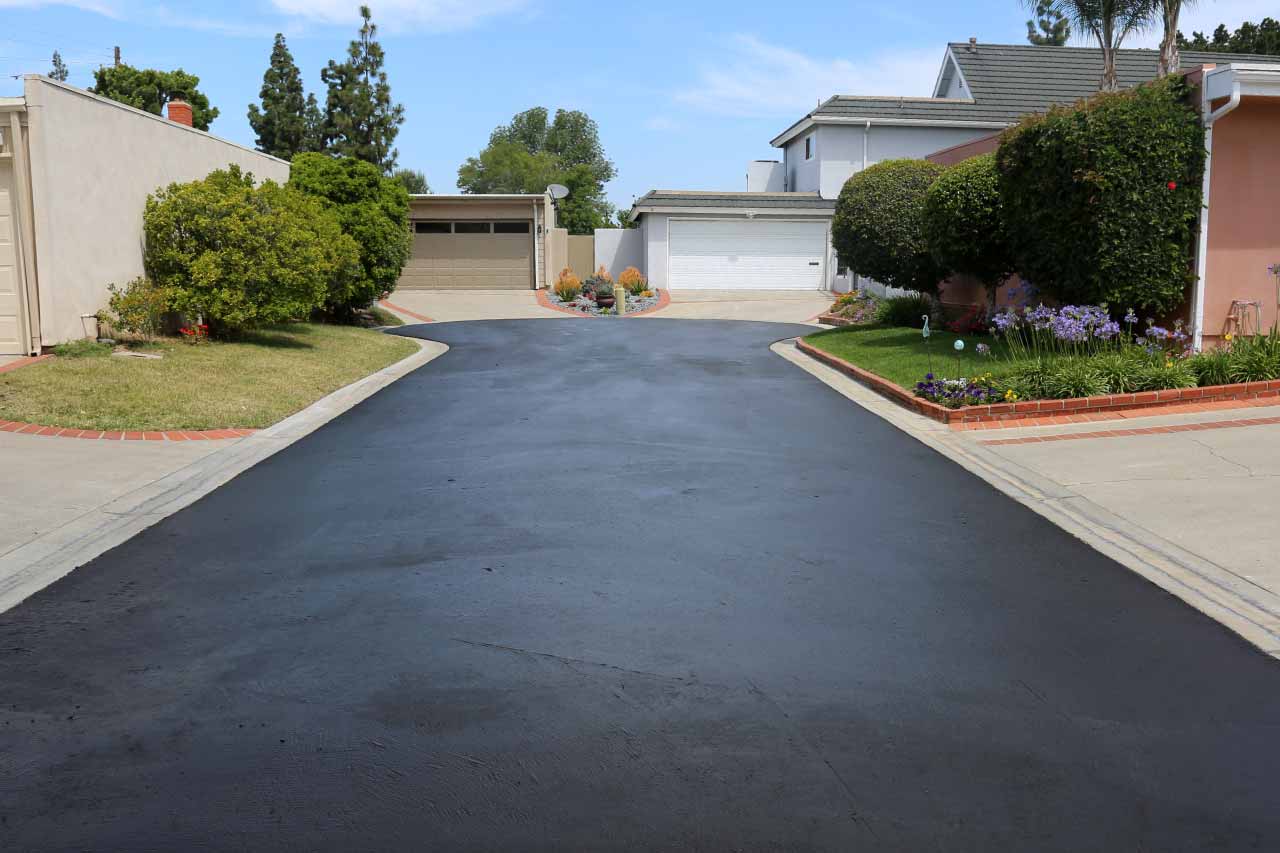


0 thoughts on “How Long For Asphalt Driveway To Cure”